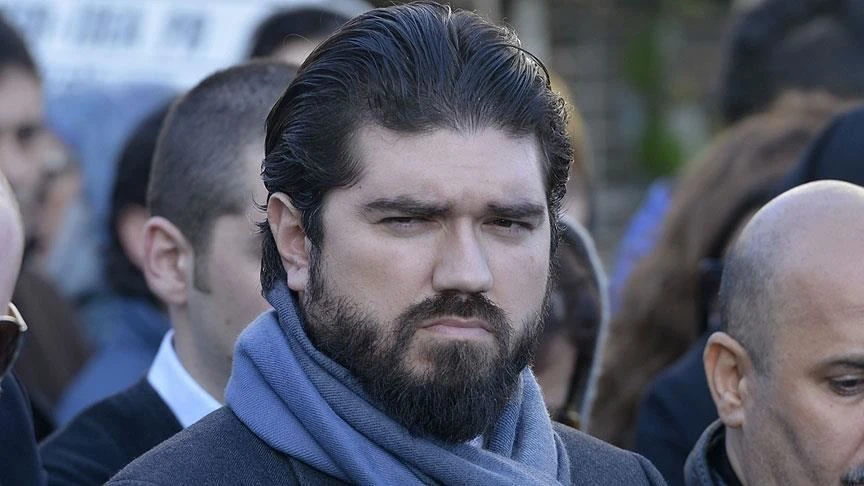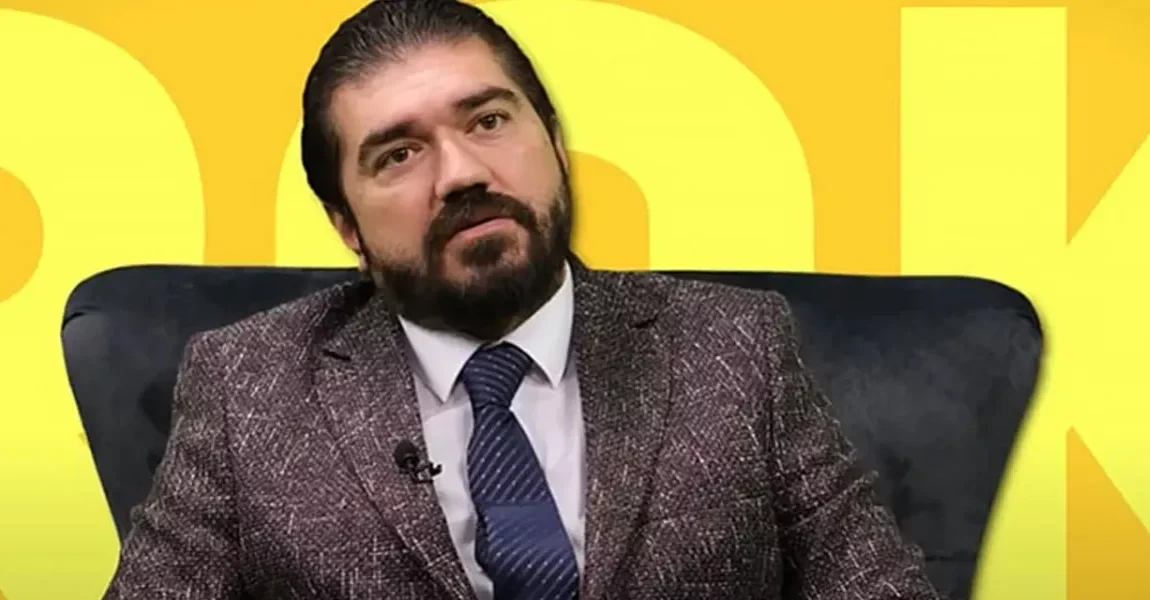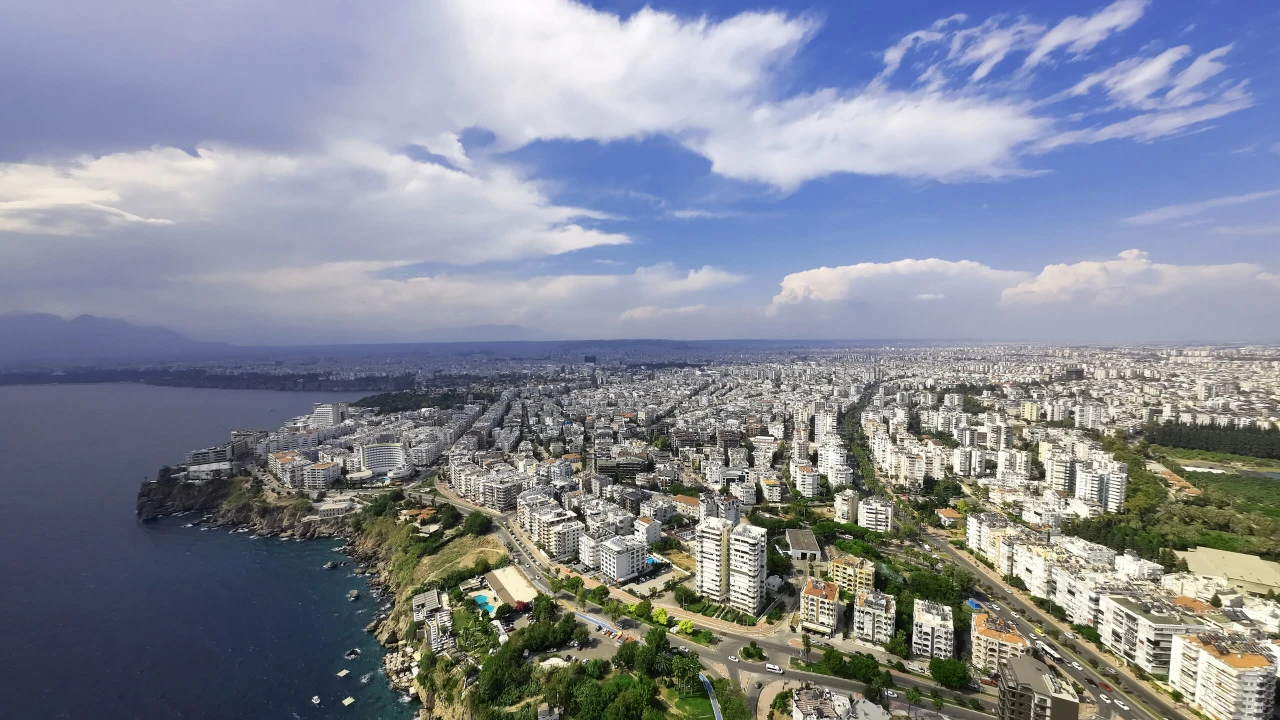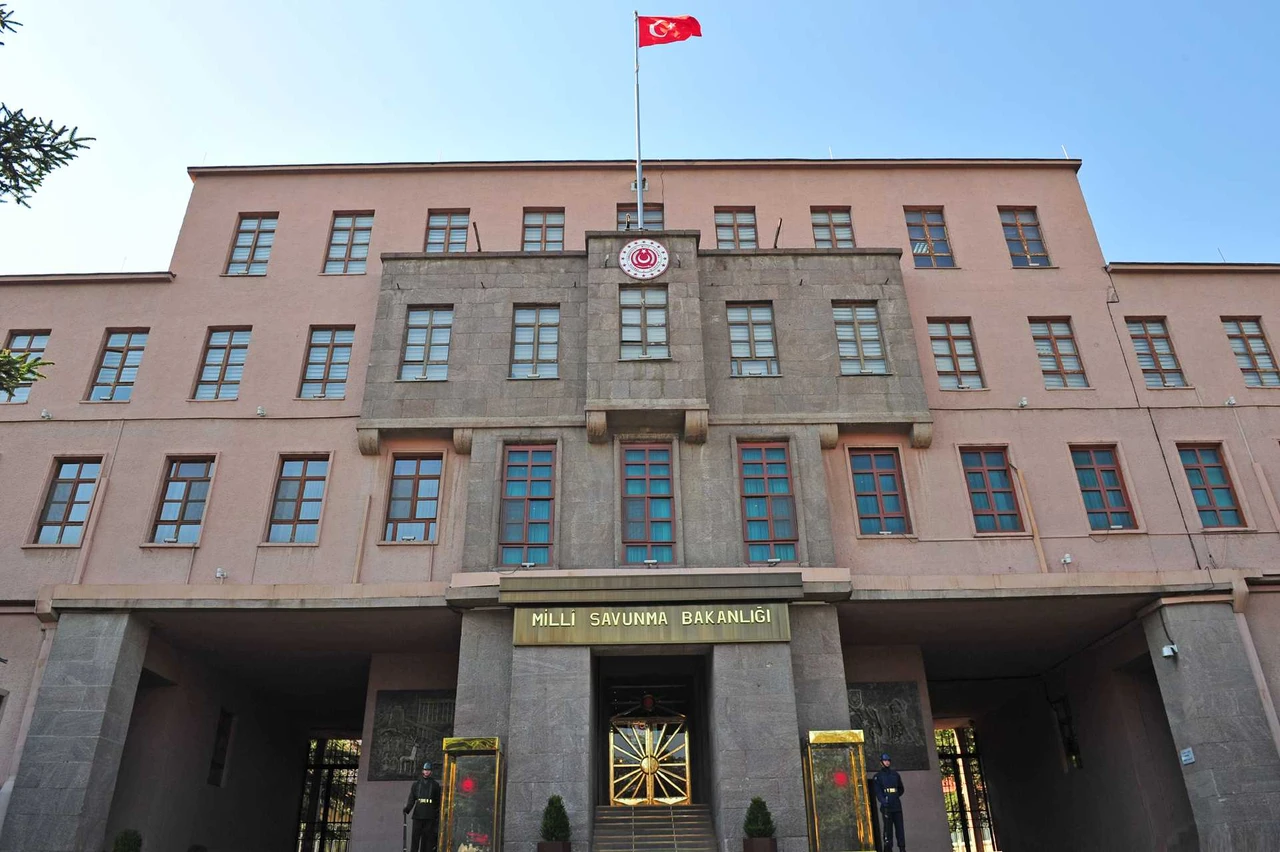Scientists unveil new fault lines in Türkiye’s earthquake map update
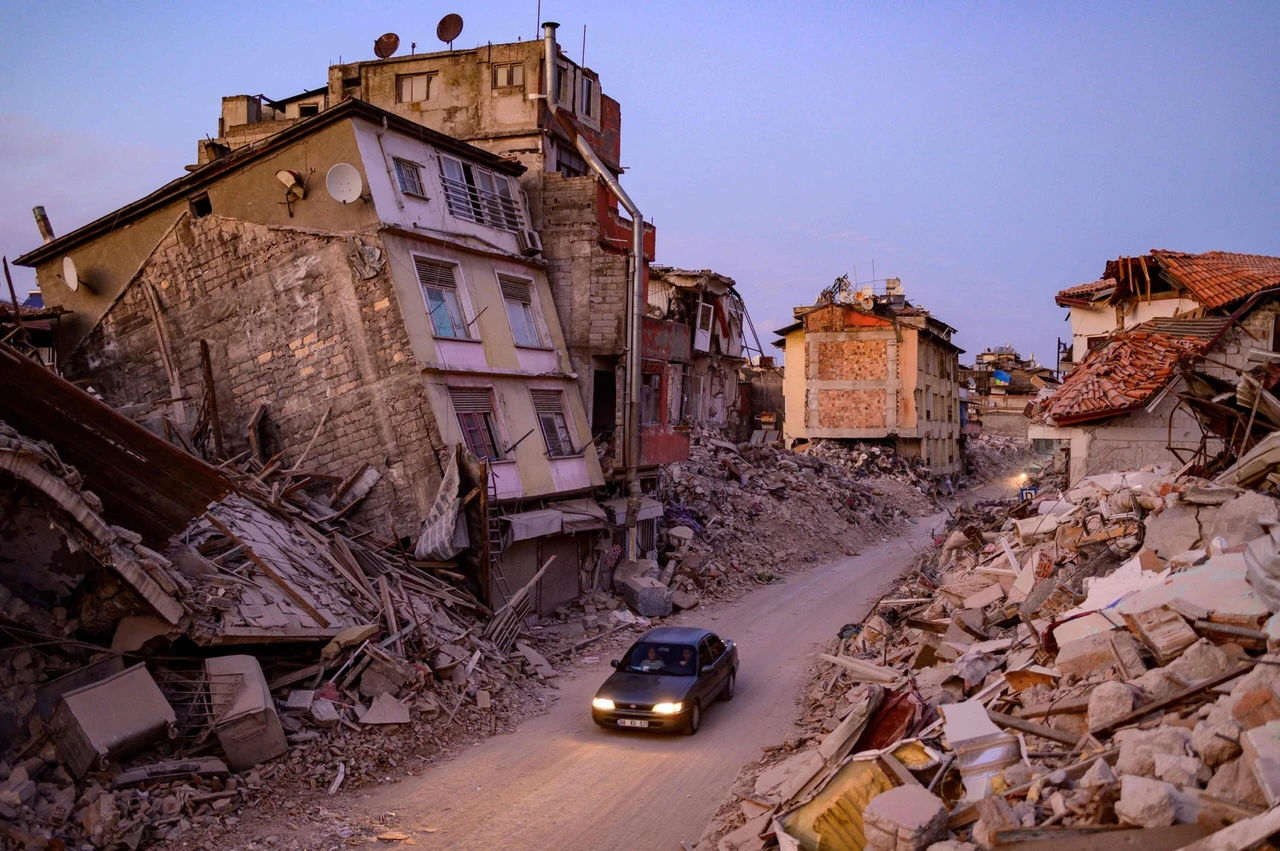 A car drives past collapsed buildings in Antakya, Hatay, southestern Türkiye, Feb. 20, 2023. (AFP Photo)
A car drives past collapsed buildings in Antakya, Hatay, southestern Türkiye, Feb. 20, 2023. (AFP Photo)
Türkiye’s Scientific and Technological Research Council (TUBITAK) is spearheading a significant update to the country’s earthquake risk map. This initiative aims to provide a comprehensive understanding of Türkiye’s active fault lines by the end of 2025.
Why it matters?
- Enhanced risk management: The updated earthquake risk map will offer detailed insights into Türkiye’s active fault lines, crucial for improving disaster preparedness and response strategies.
- Scientific advancements: This project reflects a major step in leveraging scientific research to address earthquake risks, especially in a seismically active country like Türkiye.
Zoom in: Current research and progress
- New fault detection: Professor Hasan Sozbilir reported that new research on the Narli fault revealed it did not break during the February 2023 earthquakes. Instead, a new fault line was discovered. This new fault is independent of the Narli fault and likely connected to the East Anatolian Fault.
- Collaborative research platform established: TUBITAK, along with AFAD, MTA, TBB, and 22 universities, has formed the “Türkiye Active Faults Paleoseismology Research Platform.” This platform includes a team of 100 scientists and researchers, plus 90 students, working on 128 active faults at 19 locations under the Türkiye Paleoseismology Research Project (P/SISMOTÜRK).
- Fieldwork and investigations: Professor Hasan Mandal and Professor Sozbilir have been investigating the epicenter of the Feb. 6, 2023, 7.7 magnitude earthquake in Pazarcik. They are conducting paleoseismological research to develop science-based solutions for future risks.
Zoom Out: Broader impact and future outlook
- Public release: By the end of 2025, TUBITAK plans to release updated paleoseismological maps of all active fault lines in Türkiye, which will be made publicly available.
- Scientific collaboration: The involvement of multiple universities and research institutions in this project underscores the importance of collaborative scientific efforts in tackling complex challenges like earthquake risks. This update will contribute to better risk assessment and preparedness for future seismic events.
What do experts say?
We are working day and night to create science-based solutions for future risks. The global and national realities, including climate change, will further influence earthquake risks.
Prof. Dr. Mandal
The movements observed do not align with the Narlı fault, suggesting a distinct fault type connected to the East Anatolian Fault.
Prof. Dr. Sozbilir
